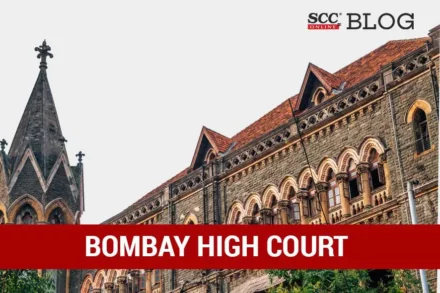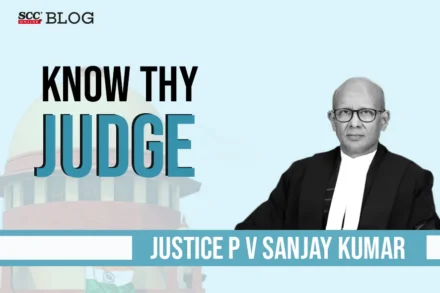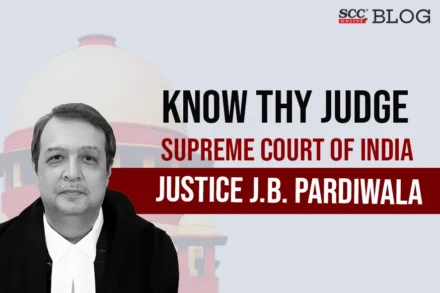
[POCSO] Delhi High Court issues considerations for Courts while granting bail in sexual offences
While considering matters involving sexual offences, a Court must be mindful that the incidents of sexual violence have adverse effects on the overall growth and development of the said human being, thus it is in the interest of justice and society at large that proceedings are handled with due care and precaution, especially when the Court is dealing with an application for releasing the accused on bail.
Continue reading




